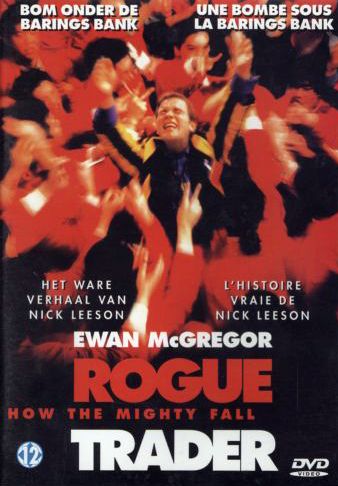The Straits of Malacca are just off the coastal waters of Singapore and Malaysia. They are a crucial waterway connecting the Indian Ocean to the Pacific Ocean and South China Sea. So, oil heading from the Middle East to China and Japan, for example, passes through these waters.
The US Energy Information Administration (EIA) has estimated that over 15 million barrels of oil pass through the Straits every day – that's 16% of global supply.
Except not all of it is just passing through at the moment. There's been a huge build-up of tanker ships parked there, holding millions of barrels of oil between them.
In late May, Reuters reported that 47.7 million barrels of oil was in storage on tankers in the Straits of Malacca (which is about half of the world's global daily crude supply). This is the highest level in five years, and has been consistently rising in recent weeks. (And a glance off the ECP suggests that there do seem to be more tankers in the water than usual.)
Normally, the decision by oil traders to store oil offshore is driven by profit. To make money, the oil futures curve needs to be in contango. This means that the spot price of physical crude, or the price to buy a barrel of oil today for delivery today, is lower than the futures price – which is the price at which a barrel of oil can be purchased today, but only for delivery at a future date. And when the opposite is the case – when the spot price is higher than the futures contract price – the market is considered to be in backwardation.
So if the contango is strong enough – that is, the futures price is sufficiently higher than the spot price – then a trader can purchase physical barrels of crude oil; keep them in floating storage; and lock in a high futures price, at which the oil can be sold later on. Of course, the futures price would have to be higher than the spot price plus the cost of storage to make a profit.
But this is not what is happening in Asia's waters at the moment. The contango is nowhere near strong enough for traders to make money by buying, and selling, this much oil.
So why is so much crude in floating storage if no one is making money doing so? Simply put, it is because there aren't enough buyers for all the oil at these prices. Weak demand is forcing oil to be put into storage, and the market is now looking for new locations to store the unsold crude.
Floating storage would not normally be used if the oil could be stored somewhere else. But there is nowhere else to store all the extra oil right now. In fact, banks are now reporting that they are experiencing a spike in interest from oil traders who need to finance their floating storage requirements.
So it seems as if they have no choice but to keep all this oil on tankers. And it is also likely that the oil will only be sold at lower prices.
http://sbr.com.sg/energy-offshore/commentary/all-you-need-know-about-oil-just-off-singapores-coast
